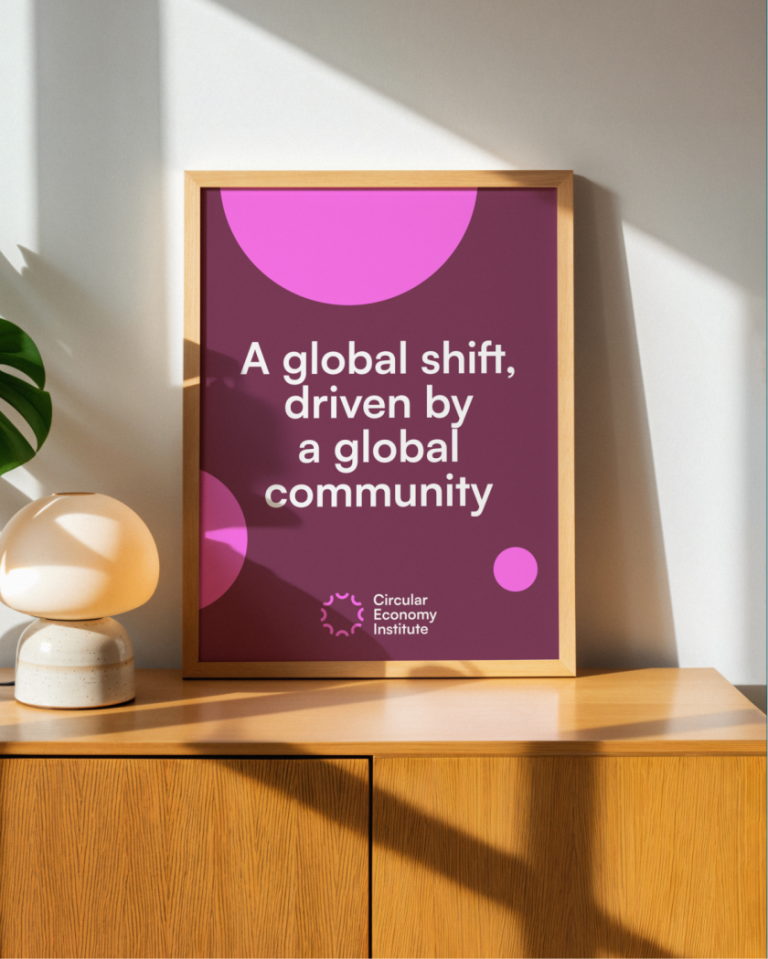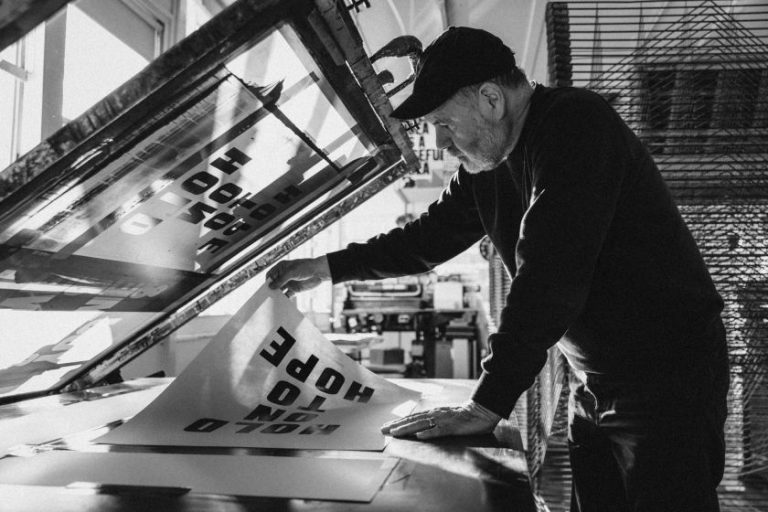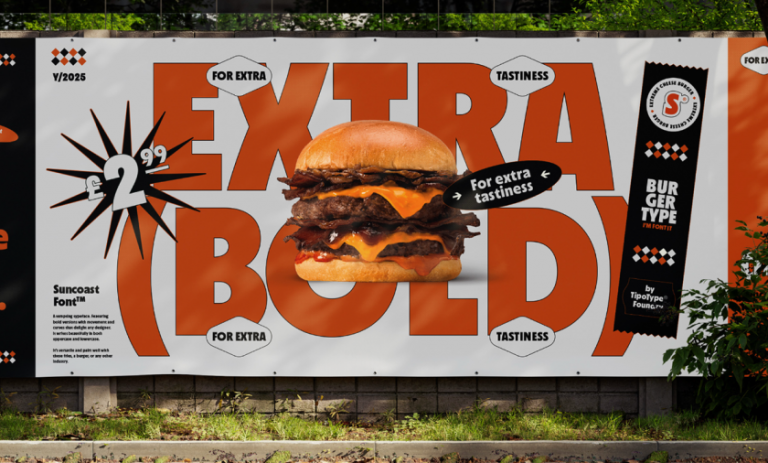Image licensed via Adobe Stock
Today, everyone is celebrating the signing of a historic trade deal between Britain and America. But the US President has also threatened huge tariffs on foreign films, which could be catastrophic for freelancers and the industry as a whole.
Last Friday, Britain and America signed their first trade deal under Trump: hooray! But while many people will be celebrating, those working in the UK film industry won’t be popping their champagne corks just yet.
It’s no exaggeration to say that this industry is facing an existential threat following Donald Trump’s announcement earlier this week that he’ll be imposing 100% tariffs on foreign-made films entering the US market.
This protectionist policy, aimed at revitalising America’s domestic film industry, has sent shockwaves through Britain’s £1.36 billion film sector, which employs more than 195,000 people and relies heavily on collaborations with US studios.
So what’s going on exactly, and how will it affect freelancers in the UK film industry?
Making Hollywood Great Again
Last Monday (5 May), President Trump declared his intention to implement a 100% tariff on films “produced in foreign lands,” claiming that America’s movie industry was dying “a very fast death.” The announcement, made without specific details on implementation, was characterised by the White House as part of an effort to “safeguard our country’s national and economic security while
Making Hollywood Great Again.”
Trump later softened his tone, stating on Tuesday that he was “not looking to hurt the industry” and planned to meet with sector leaders. The announcement has already prompted major concern among UK filmmakers and industry professionals.
At the same time, most people recognise that there’s an underlying problem that needs to be addressed. In short, Hollywood has been declining for some time, with many productions moving to other states and markets such as Canada, the UK, and Australia.
This exodus from Hollywood is primarily economic rather than cultural. The main issue isn’t foreign films taking precedence over domestic ones, but rather that filming is cheaper outside of the US due to tax incentives and lower costs.
Potential impact on the UK film industry
The UK is a prime example of a country that’s been doing very well at this kind of thing. It’s just over 10 years since I witnessed then-Chancellor of the Exchequer, George Osbourne, opening the London studio of visual effects house ILM, ready to work on Star Wars: The Force Awakens, after the Coalition government handed out some juicy tax breaks. And this was by no means an unusual event.
Throughout the 21st century—basically, since JK Rowling insisted the Harry Potter movies be filmed in her own country—Britain has established itself as a filmmaking powerhouse, with dozens of blockbusters choosing studios here for their principal photography.
Recent productions filmed substantially in the UK include Wicked, Mission Impossible: The Final Reckoning, Barbie and Jurassic World Rebirth. Or, to put it more simply, most of the recent movies you’ve actually heard of.
If implemented, Trump’s tariffs could devastate this thriving industry. And if US films stop being produced in the UK, it would be a catastrophic blow to an industry still recovering from COVID and recent strikes, putting tens of thousands of skilled freelancers at risk.
The UK government has responded cautiously, stating it is taking a “calm and steady approach” to negotiations with Washington. Culture Minister Chris Bryant confirmed last Wednesday that the government is in “active discussions with the top of the US administration on this subject” and planned to meet with UK industry leaders.
Expert perspectives
It’s perhaps not surprising that Brits have responded with howls of protest to these tariff proposals. But it’s not just about self-interest. Russell Owen, director and co-founder at Kindred Communications, believes they demonstrate a fundamental misunderstanding of how the global film industry operates.
“It’s nonsensical,” he proclaims. “Hollywood relies on shooting abroad and gaining benefits not just from tax incentives but also from international locations and talent. The majority of the earnings go back to the US. California doesn’t shoot as much because the overall cost of shooting there is very high.”
He predicts that if Trump’s plan goes ahead, it will only backfire in its aim to protect the American film business. “These tariffs are very far from the solution,” he argues. “In fact, they’re quite the opposite. Serious discussions with states and their openness and incentives could help draw production and post services back. But tariffs by themselves would severely cripple the movie industry economy overall.”
Filmmaker and screenwriter Miles Watts, who is currently working with producers in both the UK and LA, agrees. “If the new tariffs come in as they are, the film industry will suffer terribly,” he maintains. “Film in the UK brings in so much money, but if no one is tempted to come and film over here, we’re done for. Conversely, in the US, they’ll lose the tax incentives and deals we can offer. That means prices will be raised so high, only huge tentpole movies will get made.”
And this is making people working in UK film very worried indeed. “I have many friends who are skilled film crew, having worked on Marvel and Star Wars films as well as UK-based—and often US-funded—films,” he says. “And right now, they’re wondering if the future is as bleak as it looks. I’ve heard someone refer to having a film crew role as being like ‘having a boat space on the Titanic’ and being unwilling to give it up. When you hear things like that, it’s not great, is it?”
Policy or provocation?
At the same time, Miles can perceive a potential silver lining in all of this. “I can almost see what Trump is trying to do here, which is to provoke,” he says. “And I’m not necessarily against provocation as long as there follows a balanced discussion. The film industry worldwide needs some discussion, and more importantly, solutions, after the pandemic, the fires, the strikes, and now this.”
Of course, it remains to be seen whether these tariff threats are genuine policy intent or merely a negotiating tactic. But the global film industry’s interconnected nature means such measures risk harming all parties involved, potentially undermining the very industry they claim to protect.
Miles hopes this can be avoided. “Trump is one of those guys who you can agree or disagree with or try and ignore,” he reasons. “But huge sweeping moves like these tariffs mean we have no choice but to get up and join the discussion. Which is perhaps exactly what he wants: can he and Starmer please sit down and work something out pronto?
“The UK and the US—and every other country—just want to work together to have a fair shot at getting their films made, whatever it takes,” he stresses. “There is a way of working together for mutual advantage. There’s a lot of work to do, a balance to strike. We’ve had the provocation; now we need the discussion.”










